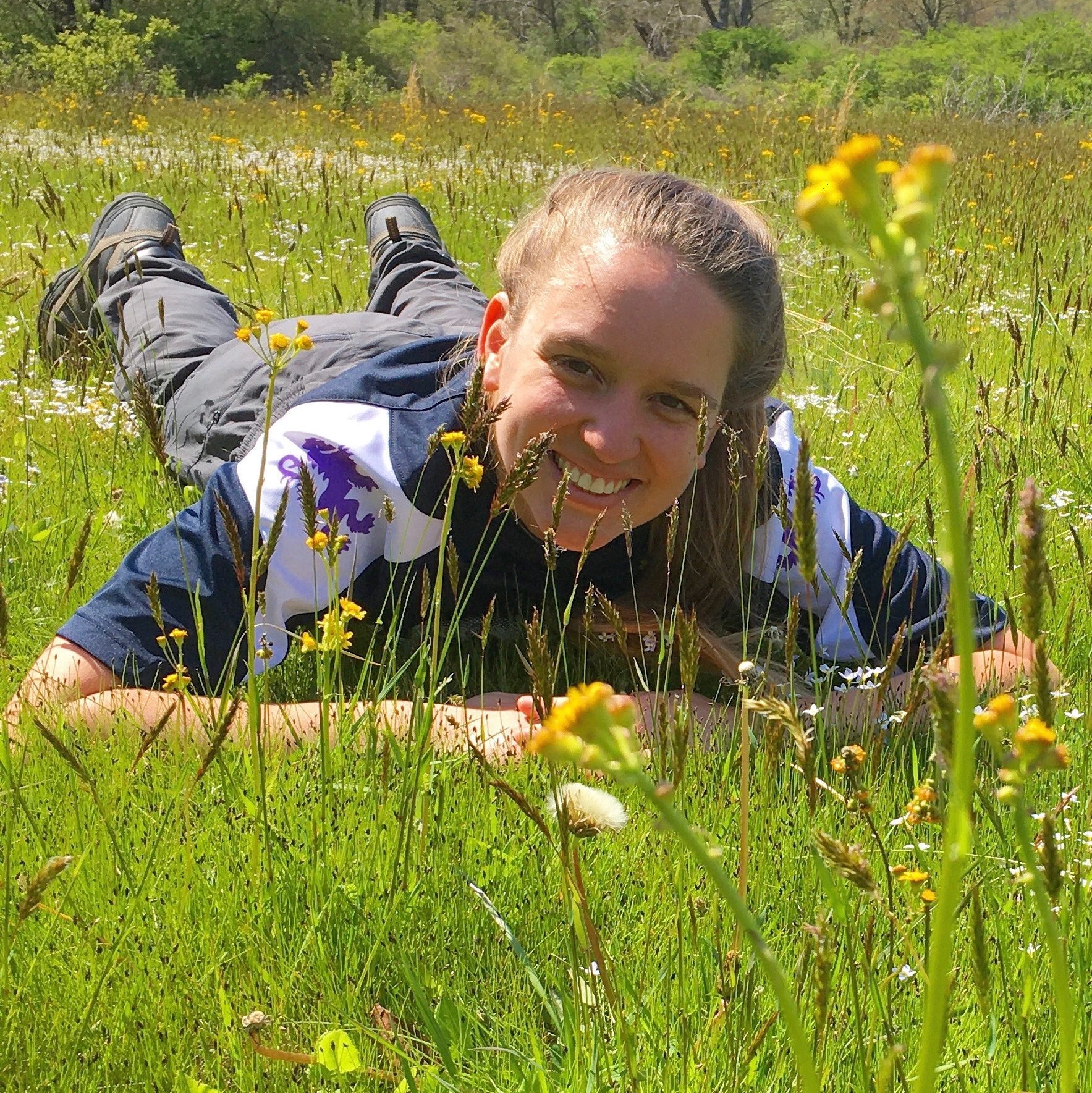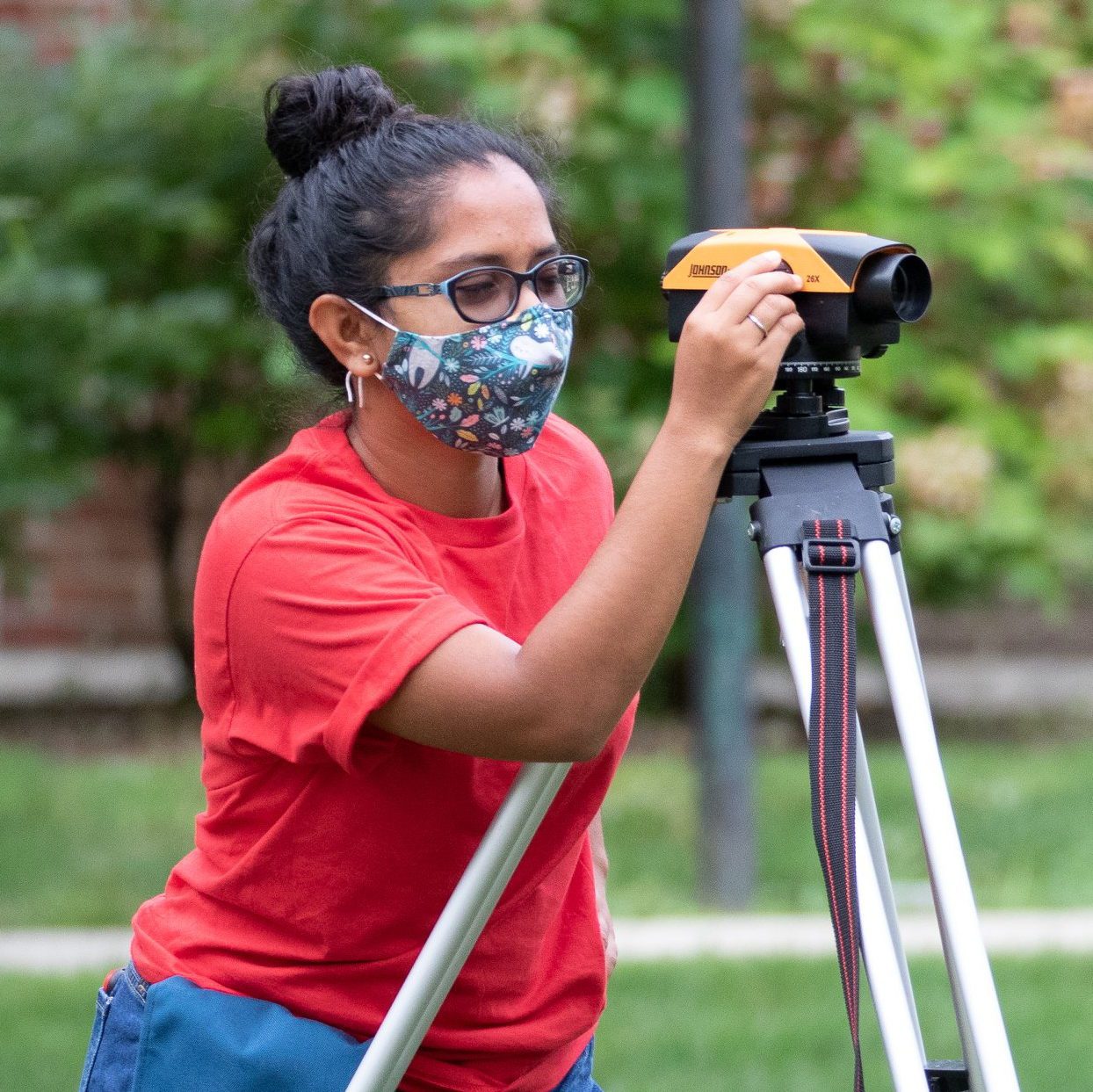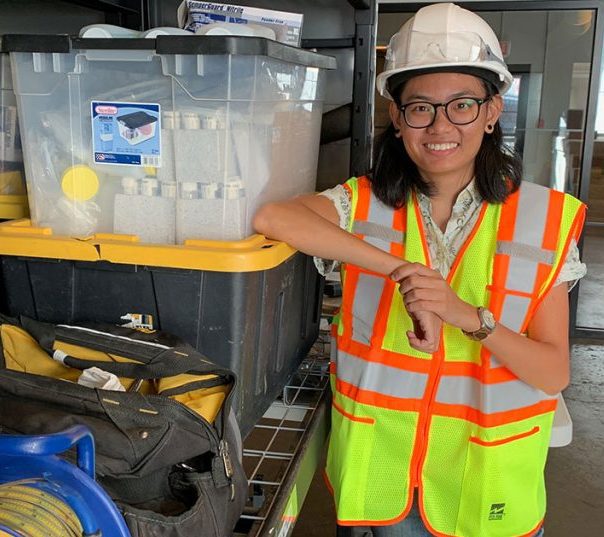Earth and Environmental Science
Earlham’s Department of Earth and Environmental Science (formerly Geology) provides a firm foundation in how the Earth works, inside and out. We focus on problems of water, mineral and energy resources; geologic hazards such as earthquakes, volcanic eruptions and tsunamis; and on deciphering the history of the Earth.
Earth and environmental science classes will lead you to the field and lab, working on real-world problems that prepare you to apply what you learn beyond the classroom in internships, research and life after Earlham.
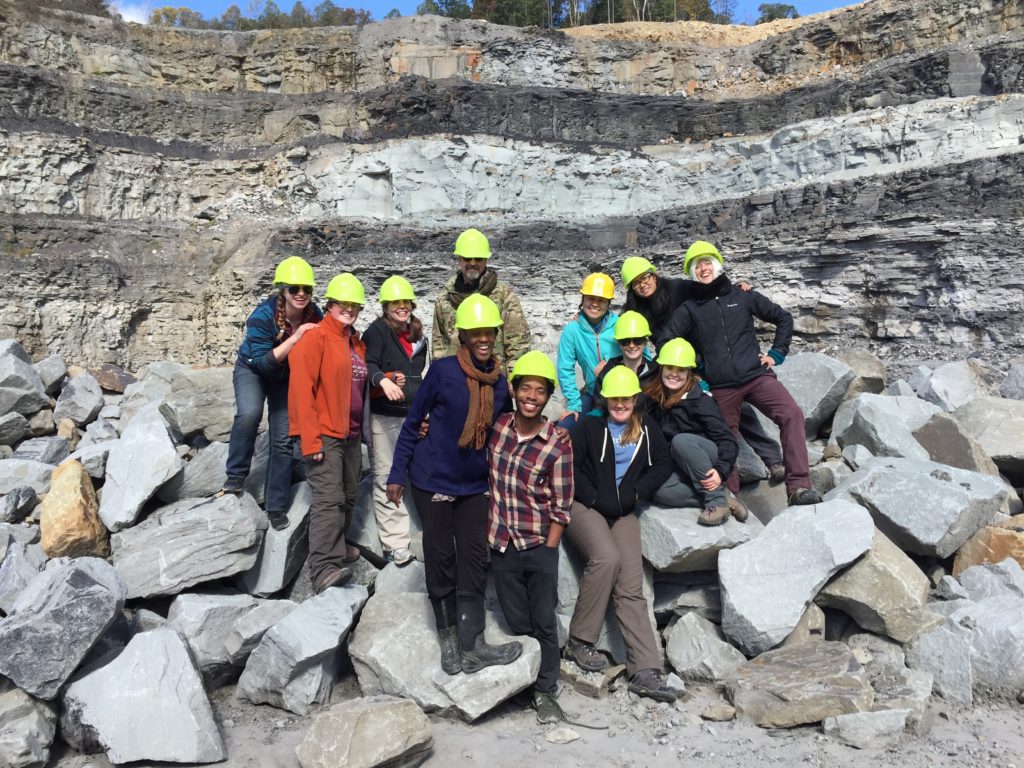
Start your adventure
Sign up for more information about Earlham College.
Top industries for recent graduates are government, environmental services, education, research and more. Recent grads have also gone on to pursue advanced degrees at institutions such as University of New Hampshire, Carnegie Mellon University, University of Pittsburgh, Smith College, Earlham College and more.
Studying the Earth to make a difference
As an Earth and environmental science major, you’ll develop the tools and critical thinking skills to navigate the changing world in which we live. You will participate in at least one career-discerning research experience, field training or internship and work with Earlham faculty or scientists at other institutions on research all over the world and on concerns closer to home, including analyzing local drinking water and soil for lead and assessing dam removal on the Whitewater River. We will work with you to find a summer research position, field program, or internship that fits your interests and career goals.
Hands-on research
In the past five years, students have conducted field research with Earlham faculty to study tsunamis in East Africa, Adirondack mountain building, paleoenvironments of Olduvai Gorge in Tanzania, coastal processes in Nova Scotia, and assess the risk of a local dam removal.
Internships
Recent majors have interned at places including the Smithsonian Museum of Natural History, NASA’s Lunar Planetary Institute, Patriot Engineering, the Mammoth Site, Wayne County GIS and the Indiana Department of Environmental Management.
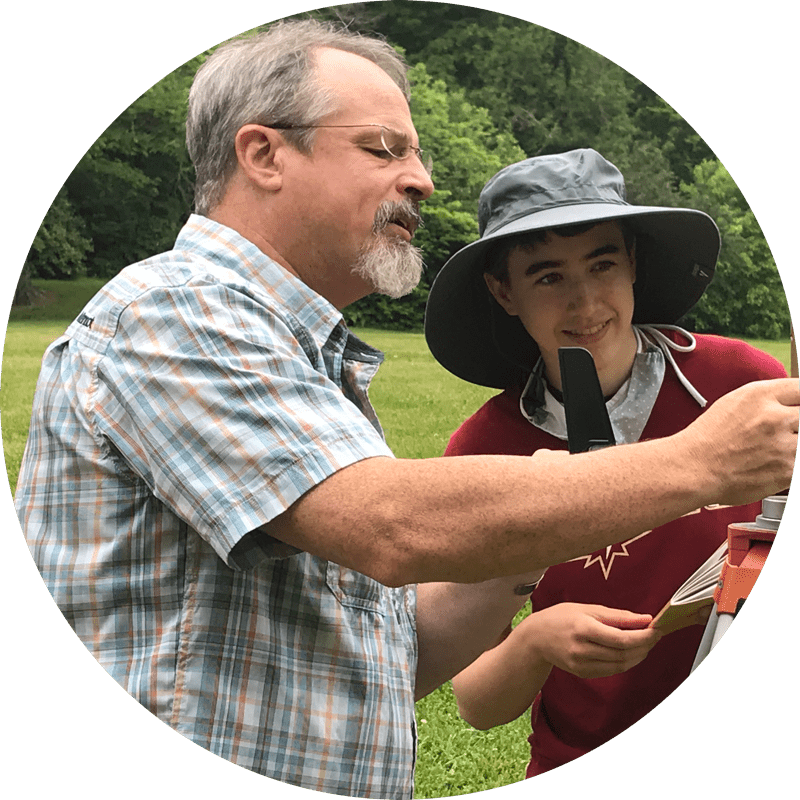
Our faculty
The diverse perspectives of our faculty help prepare science-literate students to tackle the challenges of our changing planet.
Frequently asked questions
The Earth and environmental science major at Earlham is structured to prepare you for a number of post-graduate options. You’ll take an introductory course followed by a series of core courses. Then, you’ll choose a selection of advanced courses after consultation with your advisers and other members of the Earth and environmental science faculty. Because this program is inherently interdisciplinary, you will also take a selection of other science and math courses.
Employment opportunities in the Earth and environmental sciences are outstanding, with some of the highest starting salaries among the sciences, according to the U.S. Bureau of Labor Statistics.
Recent Earlham Earth and environmental science graduates are employed in the fields of hydrology, environmental remediation and regulation, natural resource management, geologic hazards, climate change research, energy development, education, planning and GIS, agriculture and environmental law.
Recent majors have interned at places including the Smithsonian Museum of Natural History, NASA’s Lunar Planetary Institute, Patriot Engineering, the Mammoth Site, Wayne County GIS and the Indiana Department of Environmental Management. You’ll also have opportunities for hands-on curation, outreach and exhibit design experience working at our on-campus Joseph Moore Museum. As a result, many students are hired soon after graduation or attend graduate school with full funding.
You can learn more about finding Earth and environmental science internships by visiting the Earlham Center for Global and Career Education.
Beyond an Earth science course, Earth and environmental science is not commonly taught in high schools, so there is no expectation that you’ll come to the program with a great deal of prior knowledge. Curiosity and the ability to do sound scientific work are most important.
If you want to work outside, travel, solve environmental problems, manage natural resources, research clean energy or better understand our changing climate, this would be a great program for you.

